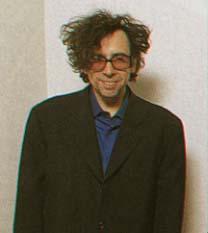
By Mark Sweney / Conference 11:45am
3.30pm update: Music execs say that mobiles have the ability to take a serious bite out of
Apple iPod's status as the favourite consumer device for music downloads.
12pm: Do viewers want to
watch TV on their mobiles and what does it mean for broadcasters and production companies?
ABC has proven that good content can drive
online downloading of TV shows - pointing to the success of Lost and Desperate Housewives online and via iTunes (8m sold so far).
However, Bruce Gersh, senior VP of ABC Entertainment, says that mobile is a different ball game and ABC has
not yet provided full programmes to mobiles anywhere except
Korea. The issue is quality and not ruining the customer experience.
His colleague Bernard Gershon, senior VP of ABC News Digital Media, adds: "People are not going to watch a football game live on mobile yet but they will watch news updates or what is going on in Hollywood."
Of course, in the UK a number of players such as
Sky, Channel
4,
ITV have been experimenting with full-length shows: Hollyoaks, football, cricket, the launch of ITV1 simulcast on 3 and most recently Virgin Mobile's simulcast TV service.
Mr Gersh argues that "simulcast is intriguing" but from his side of the business in entertainment "timeshifting", watching when you want, has worked best. Except for 'live' events like perhaps the World Cup or breaking news.
Made for mobile content that reflects
big brand properties resonates with ABC, he cites the example of the "Lost Diaries" spun-off as extra content from the main TV show. Such content could also be a great
unique selling point for mobile companies to drive subscribers.
The follow-on panel session picks this theme up with Linda Summers, head of strategic development at Red Bee Media, arguing that a "mixed economy" of made-for-mobile content and traditional "linear" programming will win through.
She cites trials in the UK that have had people viewing mobile TV for up to 30 minutes as evidence that full-length shows will be popular with some.


